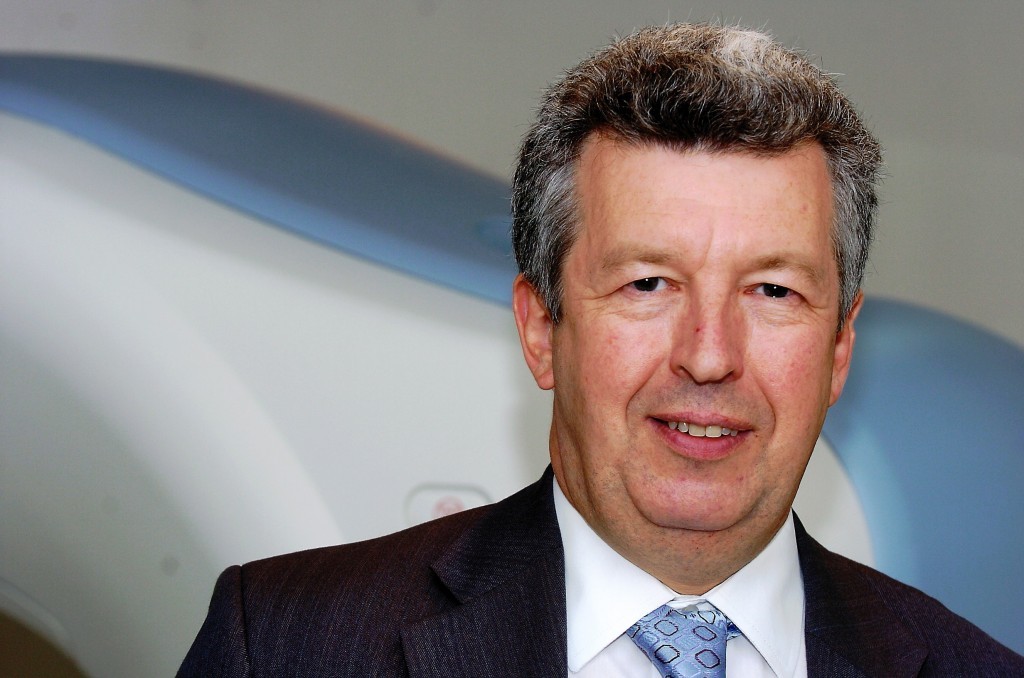
It’s easy to take for granted the journey to work, especially if you do the same trip every day.
Most people know how long the journey will take, and what to expect along the way.
It’s not the same, though, for workers in the North Sea oil and gas industry. For offshore workers today, the journey itself has become an issue.
I have made the trip offshore on a number of visits over the years, and even though the journey is typically uneventful it’s very different from catching a bus.
When you catch a bus, you don’t need to wear a survival suit, or be trained how to get out in an emergency if things go wrong. You don’t have to get all the kit off and on again if you’re changing vehicle halfway to your destination.
If you travel to work in the North Sea you are travelling to a hazardous workplace in a hostile environment. Most importantly of all, in recent years the journey itself has been over-shadowed by the knowledge that too many helicopter journeys have ended in tragedy.
That is what has prompted the debate I am leading in the Scottish Parliament on the subject of Superpuma helicopters.
Many of those who work in the North Sea do not have confidence in the Super Puma, although they have been cleared to fly again by regulators here and in Europe.
Unite the Union have raised a petition against 225s being brought back into service in the North Sea, and a number of trade union members will be at Holyrood for the debate.
Airbus, who make Super Pumas, has done its own survey of helicopter crews and passengers in the North Sea. That survey found a majority would be unlikely to fly in a Super Puma helicopter again, given the choice.
That is no doubt why oil companies such as Statoil, Shell and BP have told offshore unions they will not be bringing back these aircraft any time soon – if ever.
There are usually technical fixes for technical problems, and I have no doubt Airbus are bringing all their engineering expertise to bear on what has gone wrong in previous accidents.
But safety offshore is not only a technical question, it is an issue of confidence too.
I spoke to a number of offshore safety reps at a recent industry event in Aberdeen. They did not claim to know the technical detail of what steps have been taken since the tragic loss of life in Norway last year, but they said simply that Super Pumas did not feel safe to them.
I have also spoken to people who have asked some of the detailed questions on the technical side, and who would still hesitate to get on board.
The message from this debate is for those making decisions on what should happen in future in the North Sea: both the companies which operate helicopters and those which employ people who work offshore.
That message is a simple one: listen to the workforce, your employees or passengers, and heed what they have to say.
Those who go to work on chemical processing plants, many miles from dry land in a hostile environment, have the right to be listened to when it comes to the journey to work.
And they are saying no to the return of the Super Puma.
Lewis Macdonald is a Labour MSP in North East Scotland and a member of Unite the Union.
Recommended for you
